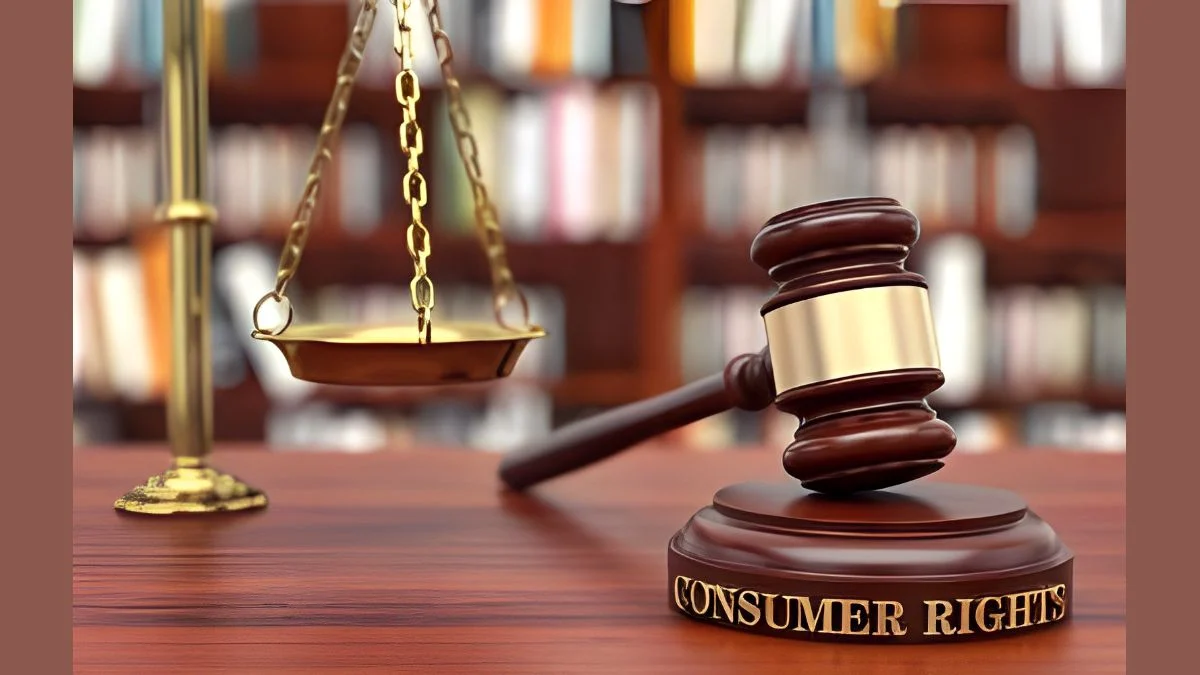
Consumer rights are the cornerstone of a fair marketplace, empowering individuals to make informed decisions and seek justice when necessary. These rights ensure that consumers are treated with respect and integrity, especially in transactions involving goods and services. Understanding your consumer rights is essential for safeguarding yourself from unfair practices and asserting control over your choices.
The Right to SafetyConsumers have the right to be protected against products that pose a risk to health or safety. This includes foods, medications, appliances, automobiles, and any product that could cause harm if defective or improperly used.
Regulatory bodies test and monitor products to ensure they meet safety standards. Manufacturers and sellers are obligated to inform customers of any known risks and recall unsafe items promptly.
This right is particularly critical in sectors like pharmaceuticals, electronics, and childcare products, where a single fault can have serious consequences.
The Right to Be InformedConsumers have the right to receive accurate and complete information about products and services before making a purchase.

This includes honest labeling, detailed product descriptions, ingredients, side effects, pricing, and terms of sale. False advertising or hiding key details is not just unethical but illegal in many jurisdictions.
Being informed helps consumers compare alternatives, avoid scams, and make choices that align with their needs and values.
Consumers are entitled to access a variety of goods and services at competitive prices. This right supports a marketplace where companies strive to offer better quality, service, and value.
It also includes freedom from monopolies and exclusive contracts that limit consumer options. A competitive market encourages innovation and improves affordability.
Government policies often aim to foster market competition and discourage anti-competitive practices that reduce consumer choices.
Every consumer should have access to mechanisms that allow them to voice complaints, concerns, or suggestions.
This right ensures that businesses and policymakers listen to consumer feedback and take it into account when designing products or creating regulations.
Consumers can exercise this right by filing complaints with regulatory agencies, participating in public forums, or contacting businesses directly.
The Right to RedressWhen a consumer is wronged by a defective product, poor service, or misleading information, they have the right to seek compensation or a suitable remedy.
Redress may include a refund, replacement, repair, or legal action. Companies are legally required in many countries to provide timely and fair solutions to valid complaints.
This right promotes accountability and prevents businesses from exploiting buyers without consequences.
The Right to Consumer EducationKnowledge is power—consumers should be informed about their rights and responsibilities.
Consumer education initiatives help individuals understand warranties, contracts, complaint procedures, and their legal entitlements.
Governments, consumer protection groups, and educational institutions often run programs and campaigns to spread awareness about consumer rights.
The Right to a Healthy EnvironmentModern consumer rights have expanded to include the right to live and work in an environment that is safe and sustainable.
This involves supporting eco-friendly products, reducing waste, and holding corporations accountable for environmental harm.
Consumers can make an impact by choosing sustainable goods, supporting ethical brands, and advocating for environmental protections.
Why These Rights MatterKnowing your rights not only protects you from abuse and exploitation but also helps create a more ethical and efficient economy.
When consumers exercise their rights, it encourages businesses to raise standards, comply with laws, and treat customers with integrity.
Moreover, informed consumers are more confident, responsible, and proactive, leading to better purchasing experiences and stronger communities.
ConclusionUnderstanding and exercising your consumer rights is essential in today’s fast-moving and often overwhelming marketplace. Whether it’s demanding safety, transparency, or accountability, these rights exist to protect your interests and promote fairness. Stay informed, speak up, and don’t hesitate to act when your rights are compromised—because a powerful consumer creates a stronger market for everyone.
Subscribe to our newsletter and never miss an update.
Get the latest posts delivered straight to your inbox.

Senior Contributor
Ravi Raj is passionate about impactful storytelling. With a unique voice and deep insights, they turn everyday stories into compelling reads that resonate and inform.
Read Full Bio
By Kusum Singh
23 Dec 2025

By Ravi Raj
31 Dec 2025

By Ravi Raj
22 Dec 2025

By Kusum Singh
02 Jan 2026

By Ravi Raj
30 Dec 2025

By Kusum Singh
21 Dec 2025

By Ravi Raj
02 Jan 2026

By Ravi Raj
02 Jan 2026

By Ravi Raj
20 Dec 2025

By Ravi Raj
31 Dec 2025

By Ravi Raj
01 Jan 2026

By Kusum Singh
19 Dec 2025